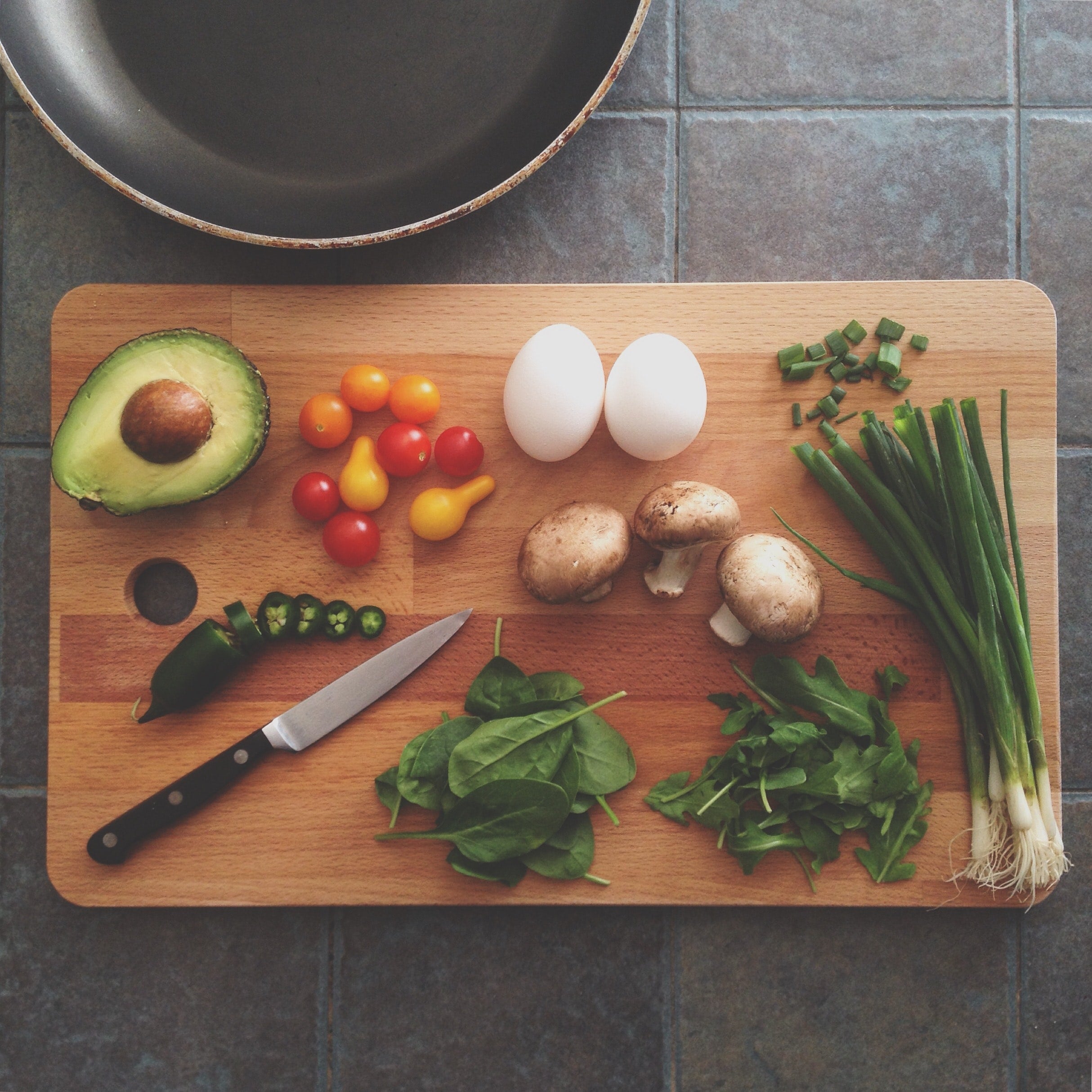Your cart is currently empty!


Proteins are super important for excellent and optimal health. It is an indispensable nutrient that must be consumed on a daily basis to meet the necessary body needs. In this blog ‘The protein diet: why so important’ you will learn all about the positive effects of protein. You also get guidelines for achieving the best results from a protein diet. A higher protein intake not only promotes drastic weight reduction, but also offers other health benefits.
Why is a protein diet so important and what is it?
Proteins are one of the 3 nutritional components, along with fats and carbohydrates. Proteins perform the following functions in your body:
Maintenance and repair
Protein is one of the main components of your hair, skin, bones and muscles. These named tissues are permanently replaced by new proteins and / or repaired.
The function of hormones
Proteins are, so to speak, chemical messengers that enable organs and the numerous body cells to communicate with each other.
The link between enzymes and proteins
The vast majority of enzymes consists of proteins. They control the thousands of chemical reactions that take place throughout your body.
Proteins provide the necessary storage and transport
Certain proteins help deliver crucial molecules where they are needed. For example, the protein hemoglobin ensures the transport of oxygen to cells in your body.
Amino acids are smaller units of proteins
Smaller units of proteins are called amino acids in medical jargon. There are 22 amino acids, 9 of which are considered very essential and important. These amino acids cannot be produced by the body itself and enter your body through food. The thing to remember is that certain foods have better protein than others. This is based on the amino acid profile.
Animal products are considered complete proteins
Animal products contain the most essential amino acids that a body needs. Fall under this heading:
- poultry
- meat
- fish
- dairy products
- Eggs
- Vegetable proteins do not contain enough essential amino acids
Vegetable proteins do not provide sufficient amounts of each essential amino acid to make suitable proteins. Protein-rich plant foods are:
- nuts
- seeds
- soy
- legumes
- cereals
- beans
How do you best follow a protein diet?
A protein diet is very easy to follow and can be easily adapted to your own personal food preferences and related health goals. For example, you can follow a high-protein, low-carbohydrate diet to keep your blood sugar level under control. If you avoid dairy products at all costs, you can also follow a dairy-free diet that is very rich in the necessary proteins. Even a vegetarian diet can be high in protein when it includes dairy products, legumes and / or vegetable proteins. Below are some guidelines on how to best approach a protein diet:
Calculate the protein requirement
To be able to calculate your protein requirement exactly, apply the following formula: you multiply your weight in kilos by 0.6 – 0.75 grams.
Keep a food diary
Start a food diary with an app or website that lists the protein values for a few hundred foods. This way you can determine your own target goals with the number of calories.
Eat at least 25 – 30 grams of protein per meal
Recent scientific research on the protein diet has shown that consuming a minimum of 25 grams of protein with every meal promotes and stimulates muscle maintenance, weight loss and better health.
Eat balanced meals
At every meal, balance protein foods with fruits, vegetables and plant foods.
The Effects of the Protein Diet on Weight Loss
Recent scientific research shows that increased protein intake can have profound effects on appetite, metabolism and body weight. A brief overview:
It suppresses appetite
By eating enough protein, you can easily suppress hunger and appetite. In a controlled study of about 20 women, the group that followed a high-protein diet experienced greater feelings of satiety and less hunger than the other group that ate a low-protein diet. Because of this effect on appetite, a higher protein intake usually leads to a reduced food intake.
The influence on the metabolism or metabolic process
The number of calories you burn increases significantly with a higher protein intake. Protein digestion appears to boost the metabolic process by 20 to 35 percent. In comparison, fats or carbohydrates only digest with an increase of 5 to 15 percent. In addition, several scientific studies indicate that people who closely follow a high-protein diet burn more calories after a few hours.
The protein diet helps to lose weight and lose weight
It will come as no surprise that a protein diet helps you lose weight. The ability of a protein diet to drastically suppress appetite and hunger pangs, increase feelings of fullness, significantly boost metabolism and protect muscle mass, makes the protein diet very effective for slimming and improving physique.

Other beneficial effects of protein
In addition to its positive effects on weight loss, a protein diet can help affect general health in several ways:
It increases muscle mass
Studies at the KUL Leuven have shown that an increased protein intake significantly increases muscle strength and size, in combination with resistance training
During aging, the diet reduces muscle loss
As you get older, you automatically lose muscle mass. Statistics now show that adding a protein shake to your diet on a regular basis protects muscle health in older men. Age-related muscle loss is kept to a minimum
It strengthens the bones
It promotes general bone health. For example, it has been proven that older women who regularly ate an increased diet of animal proteins had a 70 percent lower risk of hip fractures
It improves wound healing
Wounds after an injury or surgery heal better when you take in an increased amount of proteins. It is remarkable that the healing process of bedsores is accelerated
It reduces cravings while watching TV
Food cravings are the biggest enemy for dieters. It is perhaps the biggest reason so many people fail and stop dieting. Many people who have a tendency to have a hard time controlling their weight get hungry in the evening and start snacking to their heart’s content. Protein has a powerful effect to suppress that ‘ugly’ evening habit.
Summarized
Proteins are certainly important nutrients. An increased intake of proteins has a positive influence on the feeling of hunger, body weight, the composition of the body in general, general health and the aging process. To get the most out of a high-protein diet, it is advisable to balance the intake with healthy fats and carbohydrates.
